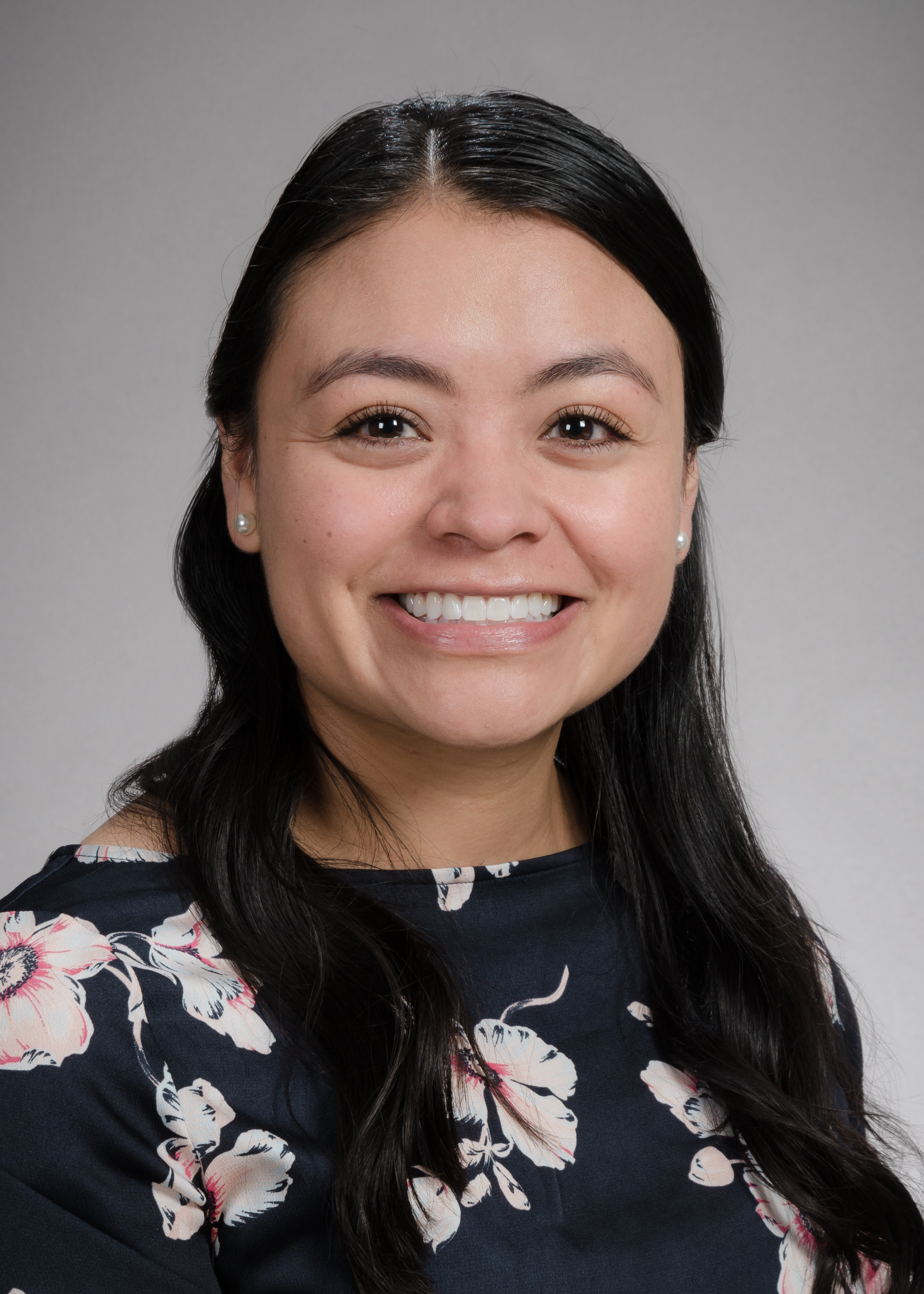Symposia
Mental Health Disparities
3 - (SYM 120) Using a Task-shifting Model to Increase Access to Evidence-based Anxiety Treatments for Latino Preschool Children

Cindy O. Trevino, Ph.D.
Assistant Professor
University of Washington School of Medicine
Seattle, Washington- LS
Lupita Santillan, Ph.D.
Postdoctoral Fellow
Seattle Children’s Hospital
Seattle, Washington - YG
Yesenia Garcia, B.A.
Clinical Research Coordinator I
Seattle Children’s Hospital
Seattle, Washington - JB
Jennifer Blossom, PhD
Assistant Professor
University of Maine
Orono, Maine - BC
Brent Collett, Ph.D.
Associate Professor
University of Washington School of Medicine
Seattle, Washington
Speaker(s)
Co-author(s)
Linguistically and culturally appropriate evidence-based treatments for anxiety disorders are difficult to find and mostly nonexistent for Latino preschool-age children. Novel approaches to early intervention for anxiety are needed to address these barriers and build capacity for mental health services in the Latino community. The primary objective of this study was to evaluate the feasibility and acceptability of a task-shifting model, using promotoras, to extend the delivery of a preschool anxiety group intervention for Spanish-speaking parents. Parents participated in a 6-week clinician-led preschool anxiety group intervention and received weekly 30-minute coaching from a promotora.
Methods: 4 promotoras participated in a 1-week long training focused on basic counseling skills (motivational interviewing) and core anxiety intervention skills. The study included parents of children ages 3 to 5 with a positive screen for anxiety on the Preschool Anxiety Scale. 12 parents participated in a 6-week preschool anxiety group intervention and participated in weekly 30-minute telephone coaching session with a promotora throughout the group intervention. We evaluated preliminary treatment outcomes at pre, mid, and post-intervention using the Preschool Anxiety Scale, Family Accommodation Scale for Anxiety, and the Child Anxiety Life Interference Scale-Preschool Version. We evaluated parent acceptability to the treatment model via two post-intervention focus groups. We coded parent-promotora audio recorded phone calls for treatment fidelity.
Results: Children were 4.3 years old on average (range 3 to 6 years old) and primarily male (male n = 7; female n = 5). 100% of children and parents (75% mother, 16% fathers, and 1% other caregiver) identified as Hispanic or Latino and spoke Spanish at home. All promotoras identified as Hispanic or Latino and spoke primarily Spanish. Two focus groups (M = 60 minutes) were held in Spanish with mothers and fathers (M = 37.3 age). Parents participated in 95% of anxiety group intervention sessions and participated in 98% of telephone coaching sessions with promotoras.
Conclusion: Preliminary outcome data shows feasibility and acceptability of a promotora task-shifting preschool anxiety intervention. Overall, this research has clinical implications on implementation approaches for early childhood interventions and has the potential to enhance intervention delivery and to improve equitable access to early childhood anxiety mental health treatment for Spanish-speaking Latino families.

